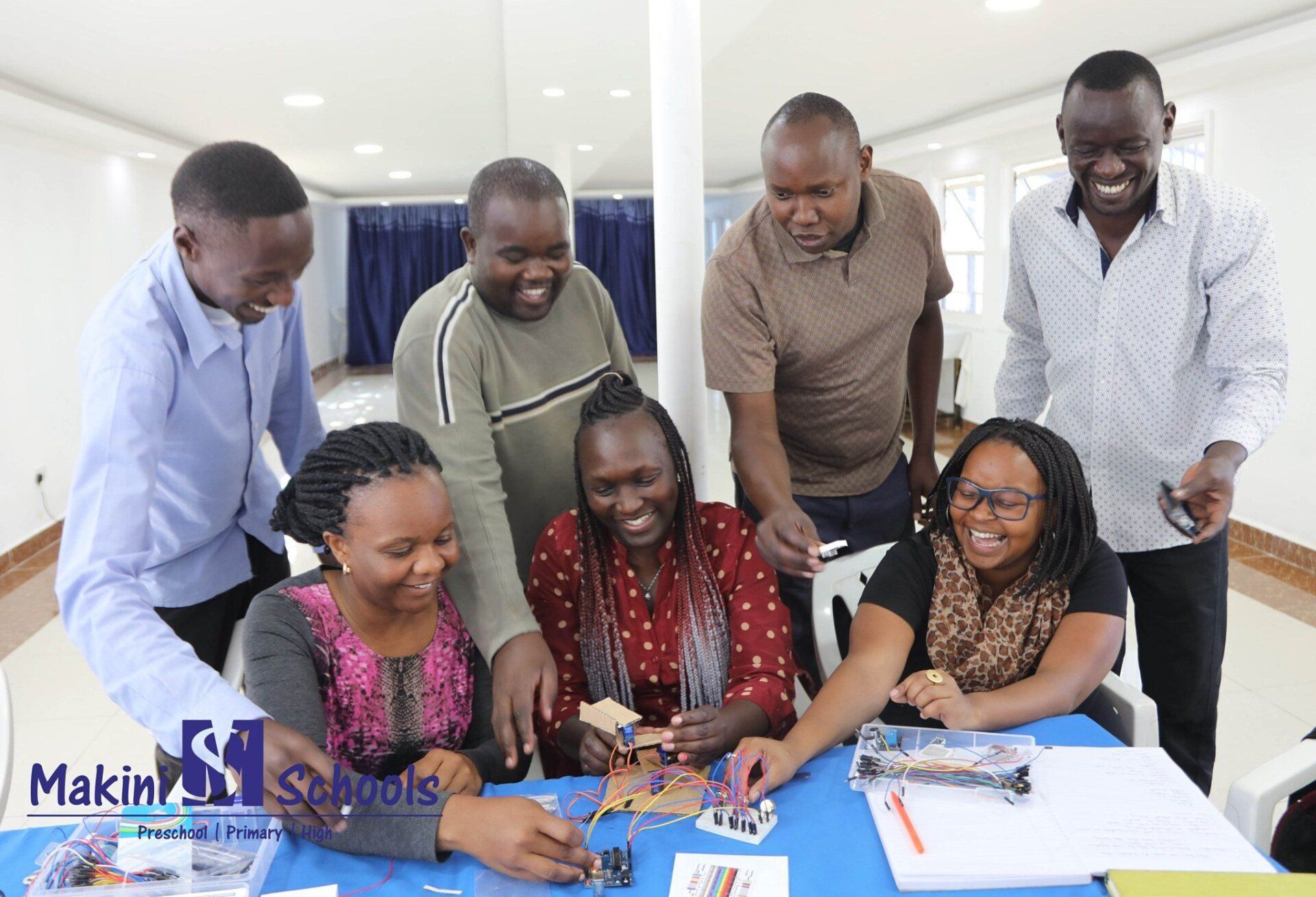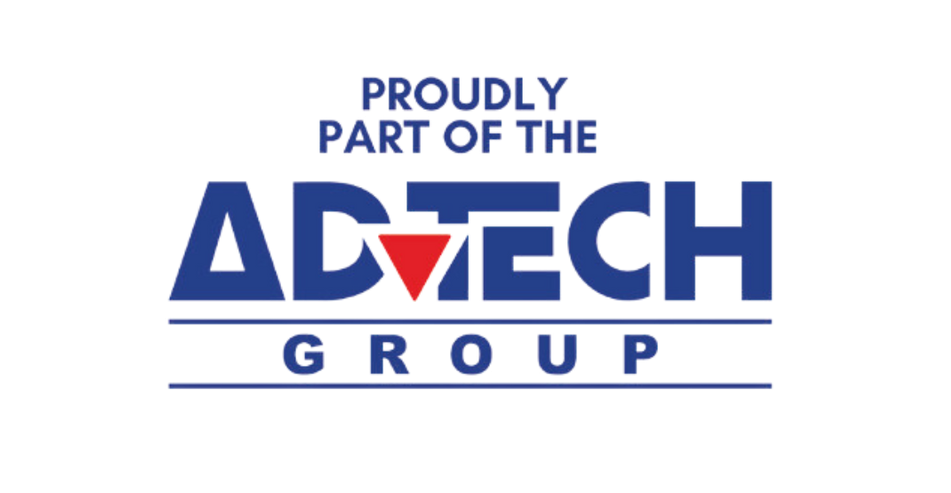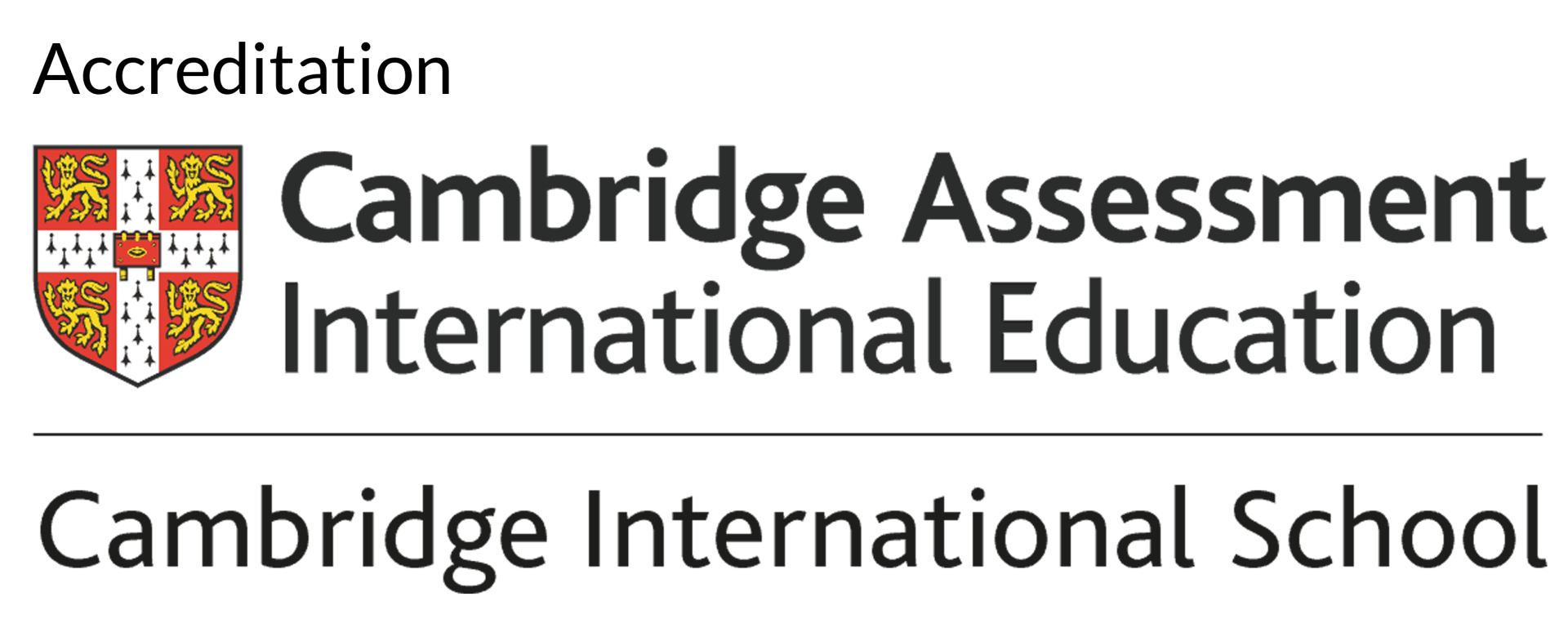Exploring the Benefits of STEM Education
What is STEM Education?
STEM education is a teaching approach that combines science, technology, engineering and mathematics. This framework is part of the Cambridge curriculum offered at Makini School and aims to develop problem-solving, critical thinking and innovative skills. Several articles have mentioned that Africa is currently suffering a brain drain within the STEM field. Providing our learners, the future leaders of Kenya and Africa, with skillsets in these fields will contribute towards the development and success of the continent.
The Importance of STEM Education in Africa
If you want to understand why STEM is important, look at the phone you use to stay connected, the bridge you cross to visit family or the medicine you take when you’re not feeling well. Innovative and critical thinking applied to solve real-life problems led to the creation of these inventions.
One of the many advantages of a STEM education is that learners are simultaneously exposed to practical and theoretical teaching methods. Classes involve hands-on activities that help learners develop practical skills they can use in the real world.
Teachers also play a pivotal role in nurturing STEM talent. At Makini School, teachers' responsibilities involve employing captivating teaching methods to simplify intricate subjects into easily understandable information.
The following are two reasons why it’s essential to grow STEM education in Africa:
- Innovation: It prepares learners with a mindset to be adaptable; they’re instilled with skills for technology that does not yet exist. The world is constantly changing, and being able to evolve with innovative technology allows learners to adjust to change and stay curious throughout their lives.
- Economic development: A country with many STEM graduates experiences rapid growth. Learners go on to make an impact in the technological, healthcare and scientific fields of a country. Secondly, there’s a constant demand for people with such a background.
The following is a list of a few careers students with a STEM education can specialise in:
- Biomedical engineer
- Software developer
- Science policy specialist
- Data scientist
- Electrical engineer
- Accountant
- Doctor
- Financial Analyst
- Geneticists
How STEM Education Prepares Learners for the Future
The earlier your child is exposed to STEM education, the better the foundation of their learning. At Makini School, we prepare learners adequately for higher education and the world. Below are skills developed through a STEM education:
- Critical thinking: learners can apply their minds and problem-solve complex issues into manageable components, producing practical solutions.
- Technological literacy: every month there’s a new advancement in tech. One of the many benefits of a STEM education is equipping learners with adaptable digital skills within that sector.
- Collaboration: the work force often requires some level of teamwork. Learners can learn the value of interpersonal skills, preparing them for success in the workplace.
Africa is known for its breathtaking landscapes, beautiful handcrafted art and enchanting music. However, very few know of our innovative contribution to the STEM field. At Makini School, we strive to change that, one student at a time.













